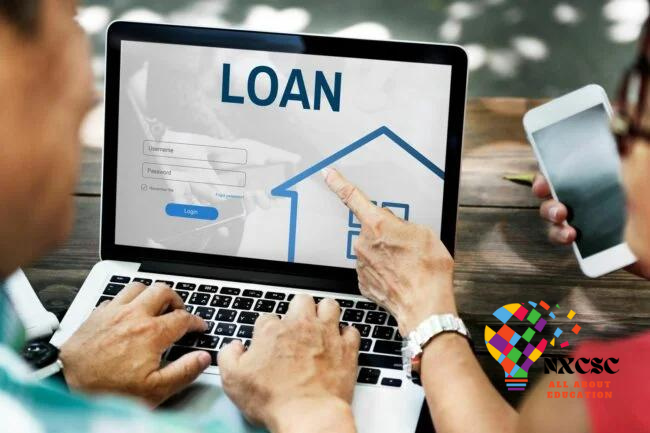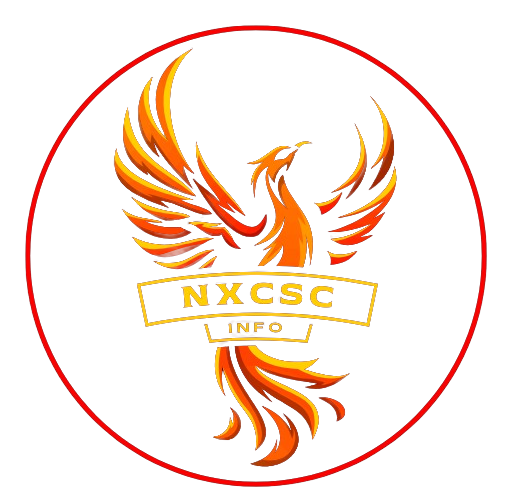You’ll almost definitely need a mortgage if you want to buy a house. Home loans are a type of loan that allows you to borrow money from a bank or another financial organization in order to purchase a home. However, before you apply for a mortgage, you should be informed of all of the difficulties involved. This comprehensive tutorial will tell you all you need to know about mortgages.
Welcome to the comprehensive guide on Exploring Home Loans: All You Need to Know. Buying a home is a significant milestone in anyone’s life, and choosing the right home loan is a crucial part of that journey. In this article, we’ll delve deep into the world of home loans, covering a wide range of topics to help you make informed decisions. This information can help you whether you are a first-time homebuyer or wanting to refinance.
What Exactly Is a Home Loan?
A home loan is a loan made available by a bank or other financial institution to enable you to purchase a home. This loan is secured by the value of the property and often requires a down payment of 10-30% of the total loan value. The remaining loan balance will then be divided into installments, with each payment containing both your monthly interest and a payment against the loan principal.
Home Loan Varieties
Fixed-rate loans often have a single repayment plan spread out over a certain time period, such as 15 or 30 years. The amount you will repay in each installment and the total repayable amount are fixed from the start of the loan.
Adjustable rate loans feature fixed repayments for a specified period of time, such as 5 or 7 years, before the interest rate changes. The rate is usually determined using market interest rates.
Balloon loans involve decreasing payments over a predetermined length of time (such as five years) before making a single large payment.
Obtaining a Home Loan
To receive a home loan, you must go through a few steps. First, determine how much you can afford to borrow and how much you can repay each month. It is critical to understand that your monthly payback may be less than the amount you can borrow.
Then, compare different lenders to choose the one with the best rates. Consider all of your options, including private lenders, government-backed lenders, and online loans. Finally, make sure you have all of the necessary documents to apply for the loan. Income verification, proof of a good credit score, and paperwork proving your address are all necessary.

Advantages of Home Loans
There are numerous advantages to taking out a home loan. These are some examples:
- Tax Advantages: Interest on house loans is deductible.
- Home loans are versatile and can be paid off in full at any moment.
- Home loans are extremely simple to obtain.
- Affordability: Home loans frequently have competitive interest rates.
Must Read : What You Should Know About Chiropractic Insurance Billing Software
Types of Home Loans
Conventional Loans
Conventional loans are the most common type of home loan and are not backed by the government. They often require a higher credit score and a down payment.
FHA Loans
Federal Housing Administration (FHA) loans are government-insured loans that are accessible to borrowers with lower credit scores and smaller down payments.
VA Loans
Veterans Affairs (VA) loans are exclusively for eligible veterans, offering favorable terms, low-interest rates, and no down payment.
USDA Loans
The United States Department of Agriculture (USDA) offers loans to rural and suburban homebuyers who meet income and location requirements.

Home Loan Eligibility
To qualify for a home loan, you’ll need to meet certain criteria, including:
- Good credit score
- Stable income
- Low debt-to-income ratio
- Down payment
- Employment history
Must Read : Is Professional Liability Insurance Necessary?
Exploring Home Loans: All You Need to Know
When exploring home loans, it’s crucial to consider the following factors:
Interest Rates
Interest rates can significantly impact the cost of your home loan. Fixed-rate and adjustable-rate mortgages are the two primary options.
Loan Terms
Choose a loan term that suits your financial goals, whether it’s a 15-year or 30-year mortgage. Shorter durations are frequently associated with lower interest rates but larger monthly payments.
Down Payment
A higher down payment can lower your monthly payments and reduce the overall cost of your loan. Aim for at least 20% if possible.
Closing Costs
Be aware of the various fees associated with closing a loan, including appraisal fees, title insurance, and lender fees.
Pre-Approval
Getting pre-approved for a loan helps you understand your budget and makes you a more attractive buyer to sellers.
Mortgage Insurance
Depending on your down payment amount, you may need to pay for private mortgage insurance (PMI) or mortgage insurance premiums (MIP).
Also Read : What Your Auto Accident Lawyer Will Ask You
How to Secure the Best Home Loan
To secure the best home loan, follow these tips:
Improve Your Credit Score
Work on boosting your credit score before applying for a loan to qualify for better interest rates.
Compare Lenders
Shop around and obtain quotes from multiple lenders to find the most competitive rates and terms.
Calculate Affordability
Use online calculators to determine how much you can afford to borrow and repay.
Save for a Down Payment
Increasing your down payment amount can lead to lower interest rates and save you money in the long run.
Also Read : The Benefits Of Telehealth Care For The United States
Frequently Asked Questions (FAQs)
What credit score is required to qualify for a home loan?
A credit score of at least 620 is typically required to qualify for most home loans. However, a higher score can lead to better terms.
Can I get a home loan with a low income?
Yes, you can still qualify for certain home loans with a low income, such as FHA or USDA loans, which have more flexible eligibility criteria.
What’s the difference between a fixed-rate and an adjustable-rate mortgage?
A fixed-rate mortgage has a constant interest rate throughout the loan term, while an adjustable-rate mortgage (ARM) may have a variable rate that changes periodically.
Is it better to get a 15-year or 30-year mortgage?
The choice between a 15-year and 30-year mortgage depends on your financial goals. A 15-year mortgage has higher monthly payments but lower overall interest costs.
What are closing costs, and how much should I expect to pay?
Closing costs include fees associated with finalizing your mortgage, such as appraisal, title insurance, and attorney fees. They typically range from 2% to 5% of the home’s purchase price.
How do I apply for a VA loan, and am I eligible?
To apply for a VA loan, contact a VA-approved lender and provide proof of your military service and eligibility. Eligibility requirements vary, so check with the VA.
Conclusion
Home loans can be an excellent alternative for purchasing a home because they provide you with the finances you require and can be paid off over time. However, before making a decision, it is vital to comprehend all of the nuances of home loans. Before applying, compare multiple lenders and make sure you understand the type of loan you need, the maximum amount you may borrow, and all of the associated paperwork.
Exploring home loans can be a daunting task, but with the right knowledge and preparation, you can make informed decisions that will benefit your financial future. Remember to research your options, improve your credit score, and shop around for the best deals. Your dream home is closer than you think.
Must Read : The Benefits Of Telehealth Care For The United States
Also Read : How to Find a Car Accident Lawyer in Your Area
Must Read : Find A Best Car Accident Lawyer Near You
Also Read : Find A Motorcycle Accident Lawyer Near Me
